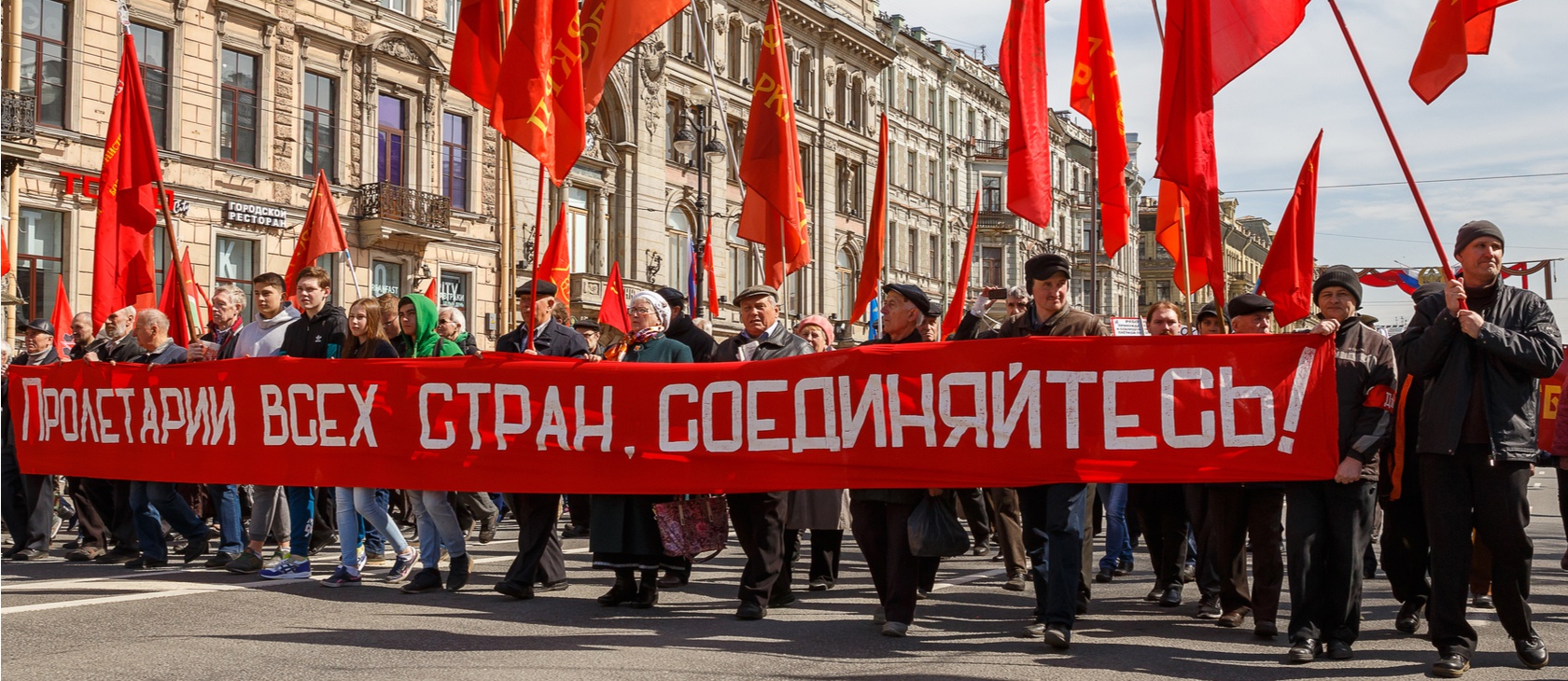As we reach the end of 2017, we look back on several important anniversaries.
The waning of 2017 invites a recap of all the year represented to me and the entire Acton universe. This is one reason why we recognize significant anniversaries.
Among the events marked by anniversaries in 2017 is the centenary of Fatima, which resonates strongly in my personal history. I was ordained to the priesthood on May 13 – the Feast of Our Lady of Fatima, or more precisely, the Feast of Our Lady of the Most Blessed Sacrament – the title under which the Blessed Virgin appeared to the three shepherd children.
May 13 also happens to be, in the Tridentine calendar, the Feast of St. Robert Bellarmine, making it to use the Italian title for one’s “name-day,” my onomastico. The date of my ordination in the United States that year also happened to fall on the eve of Pentecost, the birthday of the Church and, to my mother’s delight, Mother’s Day, on which I celebrated my first Masses.
Also remembered this year, a few centuries earlier, a certain monk nailed grievances onto a door and forever changed the Christian church. October 31 marked the 500th anniversary of the Protestant Reformation that started with Martin Luther.
“The czar was deposed, the royal family executed and Vladimir Lenin introduced.”
October 2017 also marks the 100th anniversary of the Bolsheviks taking power in the October Revolution. The czar was deposed, the royal family executed and Vladimir Lenin introduced—for the first time in history—the doctrine of Karl Marx in political form. By the time the first 50 years of Communism was complete, there had been more Christian martyrs than in all Christian history combined.
There are varied elements of the Marxist dogma that would become influential both directly and indirectly in the coming century, up to the present moment. By directly, I refer to the ideology of class struggle, abolition of private property and materialism that, unfortunately, refuses to abandon public and political discourse. By indirectly, I mean the hermeneutic or taxonomy (a way of interpreting or classifying things) applied to other areas: the diminishment of the individual human person and his private initiative; humans and the environment; racial division, etc.
This would include a concerted effort in particular to destroy the Russian Orthodox Church and attacks on the human person and our creative capacity to create wealth by free individual initiative. Thousands of bishops, priests, religious and the faithful laypeople would be killed and Church property confiscated by what would become the Soviet Bloc. These errors and their political institutionalization would be extended to the Baltics and throughout Central Europe and other regions, and would eventually be adopted in China, North Korea and Cuba – as well as spurring like-minded movements throughout Africa and Latin America, the latest instance of which is what is presently happening in Venezuela.
The 20th century might now be said to have been one of the most complex in human history. Admittedly, it is difficult to make this assertion with great confidence given that the 20th century is less than two decades behind us. No doubt historians will require even more decades to attain a sufficiently broad perspective to assess its significance.




